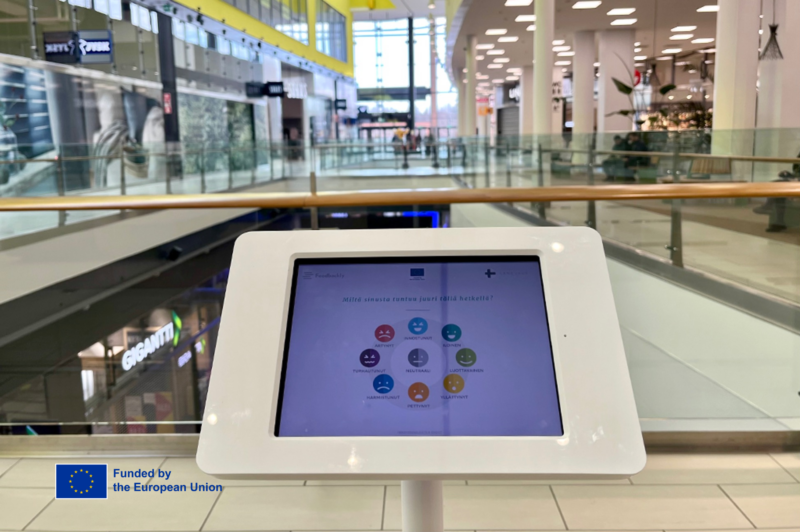We like to think that our purchasing decisions are made with sound judgment. In reality, our emotions intercept our thought processes and our ability to make rational choices. That does not mean all our purchases are made without clear thinking.
But, it does mean that you need to integrate a new perspective when positioning your brand before your customers. As human beings, we place a lot of value on emotions and emotional connection and it extends to our buying behavior too.
Let’s dive into this topic a bit more!
Emotions as a decision-making catalyst
Emotions serve as powerful catalysts in driving purchasing decisions, influencing both impulsive and well-considered choices. They are the force behind our reactions. They can motivate customers to buy your products or make them hesitate and turn away.
A customer’s emotional state can dictate what they purchase, how they purchase when they purchase, and many other things. It’s also one of the reasons why there’s a lot of emphasis on trigger-based marketing and approaching leads at the right place at the right time.
Interestingly, brands have the ability to evoke specific emotions and thereby influence the buying behavior of their customers. If you want to know the emotions that act as catalysts in your buying journey, the key is to ask your customers, gather data, and measure. With EVI®, we try to understand and influence our consumer purchasing decisions for the better. It looks at the emotional experience customers receive from a brand.
Brand Loyalty and Trust
Now, how deeply can the impact of customer emotions affect a brand? Let’s look at the positive side first.
A brand that succeeds in evoking positive feelings in its customers and fostering a strong emotional connection with them has many rewards to enjoy. When customers feel happy, excited, joyful, or simply at ease when engaging with a brand, they are more likely to repurchase. So, emotions can be a strong pillar in building brand loyalty and trust. Happy customers tend to advocate and promote your brand to people they know, bringing you new customers!
Unfortunately, the damage of a negative emotional experience can also go deep. Whether it’s lackluster service, poor quality products, or a difficult purchasing experience, customers who are disappointed, angry, or frustrated can share their experience with others. It damages the brand’s reputation and makes it difficult to attract customers.
Customer Emotions and Value Perception
Many customers pay a lot of emphasis to how they are treated, their trustworthiness, and the overall customer experience when choosing between brands. Emotions are a driving factor in all these aspects. There’s no doubt that customer emotions significantly shape how they perceive the value of a product or service, impacting their willingness to pay and overall satisfaction.
In fact, research shows that the majority of customers are willing to pay more for a better experience. The ball is no longer in the price court. So, brands need to increasingly focus on creating an effortless, secure, and enjoyable shopping experience for their clients and tap into their feelings.
Let’s take Nike’s marketing campaigns as an example. Most of their adverts are more about emotions, empowerment, and nostalgia. Also, the brand’s emphasis on progressive value is another core attraction. With over 30% global market share in athletic footwear, Nike is easily one of the most valuable brands in the world.
Social Influence and Engagement
Emotionally-charged experiences prompt customers to engage with brands on a personal level and share their experiences, amplifying word-of-mouth and social influence. It makes the brand more credible and its services more reliable. Gradually, it will build a community of customers who use the brand, participate in its product releases, and promote it to people.
An increase in social influence and engagement by offering a powerful emotional experience helps a brand attract new clients with ease and with minimal marketing effort. You benefit from organic growth that’s sustainable and long-lasting. So, building such engagement is especially important for small businesses looking to build a client base.




